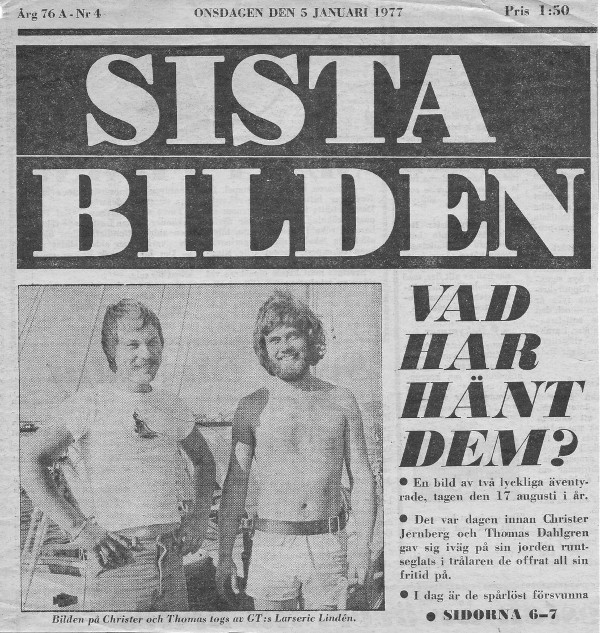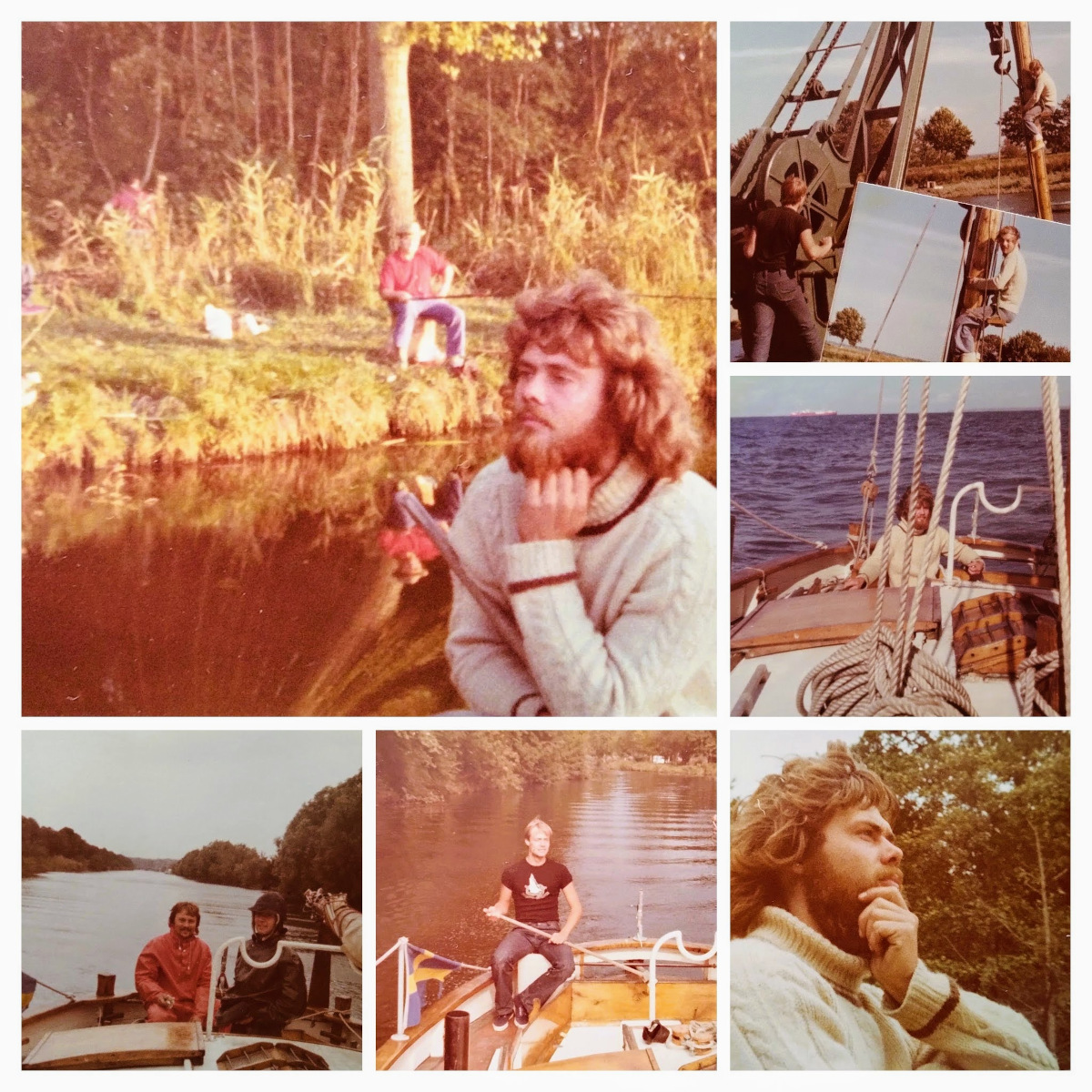Sometimes I am asked what drove me to launch this poetic Odyssey in the Mediterranean world. I usually make it easy for myself and refer to the thoughts I recorded a decade ago in Alexandria. A text in which I paint my educational journey that began at the age of ten with the summer trips to the Mediterranean with my mother and stepfather. Wonderful memories and experiences that certainly shaped my cultural interest and weakness for Greek and Roman poetry and literature and of course all the good, beautiful things you can experience when you are on the shores of the Mediterranean Sea.
The image of my upbringing could draw several other colors from the palette to enhance my “Grand Tour”. The brushstrokes could form motifs of my early adolescence such as my first love on a beach in Lycia, my first attempt to write music on a moonlit night on a roof terrace in Tuscany, my first thoughts about the literature, often Mediterranean authors, I devoured in my early teens. BUT also a stormy motif of the November night when my brother Thomas and his friend Christer were shipwrecked in the Mediterranean Sea on the third leg of their planned round-the-world voyage. A fate I could have met as a nineteen-year-old had I not shortly before left their boat as we were on our way through beautiful France via rivers and canals from Saint-Valery-sur-Somme in the north of France to Port St Louis du Rhone in the south.

Happy days on rivers and canals in a fantastic autumn landscape painted in the most beautiful yellow, red, and brown colors. Days where I became the one who jumped ashore to moor the boat at all the locks we passed. Days that ended with a visit to a tavern in some small village along the river banks before we went back and fell asleep and slept the most comfortable sleep in our bunks on the boat. Moments and conversations with my brother and his friend that are forever etched as the best and most beautiful memories I have of Thomas. A brother seven years older than me, that I, before these last weeks of his life, had not spent much time with and, above all, had not spoken to on any deeper level.
The age difference between us meant that when I learned to ride a bike, he drove a moped when I felt like I was floating on the clouds if any girl looked at me at school, I had already seen at least three, four … beautiful girls in Thomas’s company. That Thomas was a caring, happy, and funny person and brother, someone to look up to, I also experienced these years, but the age difference was too great for us to do things together.
How I became part of this journey, this second stage (the first went from the home port of Gothenburg on the west coast of Sweden to the east coast of England and then south towards the English Channel) is a story that is too long to tell here. That I left the boat Liselott in the south of France before they reached Port St Louis du Rhone to prepare the fourth leg via Mallorca and Gibraltar to the Canary Islands meant that these words, this story, can be written today. I could just as well have remained on the boat that was taken by storm winds outside Marseille if we, my brother and I, had not, after long discussions, jointly concluded that I should go home to Sweden to carry out a task. But the plan we came up with meant that I would do my duty, work for a month or so, and then fly to the Canary Islands and rejoin Liselott and so set course for the Caribbean.
Certainly, the trips with my mother and stepfather to the Mediterranean from the age of ten shaped my fascination for and obsession with the Mediterranean. But I think it can also be safely said that the trip with Liselott and my brother Thomas and his friend also created very special memories. If our mother and father had been alive today, they would have nodded in agreement but – unlike my and my sister’s opinion – also said that the “boys” were still alive. The fact that not the slightest piece of wreckage was found in the sea outside Marseille meant that they never gave up hope that Thomas and Christer would stand there one day again.
The Mediterranean became taboo this November night, especially for our mother – something that made her unable to travel here as she had done so many times before. But then several years after the ill-fated sailing in 1976, she flew down to Mallorca, the island that would have been Thomas and Christer’s next stop on the adventure. Of course, our mother happened to see two men who she felt could be her son and his companion in the port of Palma – 20 years older than when they left Gothenburg. She approached the two fringed and bearded men and addressed them in English. Soon she discovered that the men, oddly enough, came from Sweden, but that it was not Thomas and Christer she was talking to. They were sailors anyway and one man was very similar to Thomas, she told us later. She asked them if they had regular contact with their parents, a question they answered by looking down at the ground. She then took out a larger note but held it in her hand until they promised to contact their parents. The last thing she saw of them was how they entered a bar that was located there in the harbor quarters.
After reading these lines, surely someone wants to say that my Odyssey, this life-giving work of Mediterranean Poetry, is driven by a need to find my brother Thomas – like Odysseus’ search for Ithaca and Penelope. To prolong, and relive the last amazing weeks we had together. Perhaps that is a possible interpretation, an explanation as good as any. But if this were to be my driving force, maybe Thomas and Christer’s desire to explore the world still left something behind, even though nothing was found after the fateful November night when they failed to appease Scylla and Charybdis …

Editor / Publisher
© Anders Dahlgren 2023/01/17
